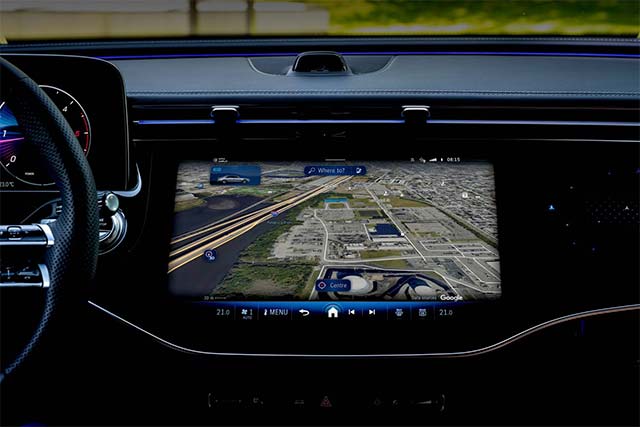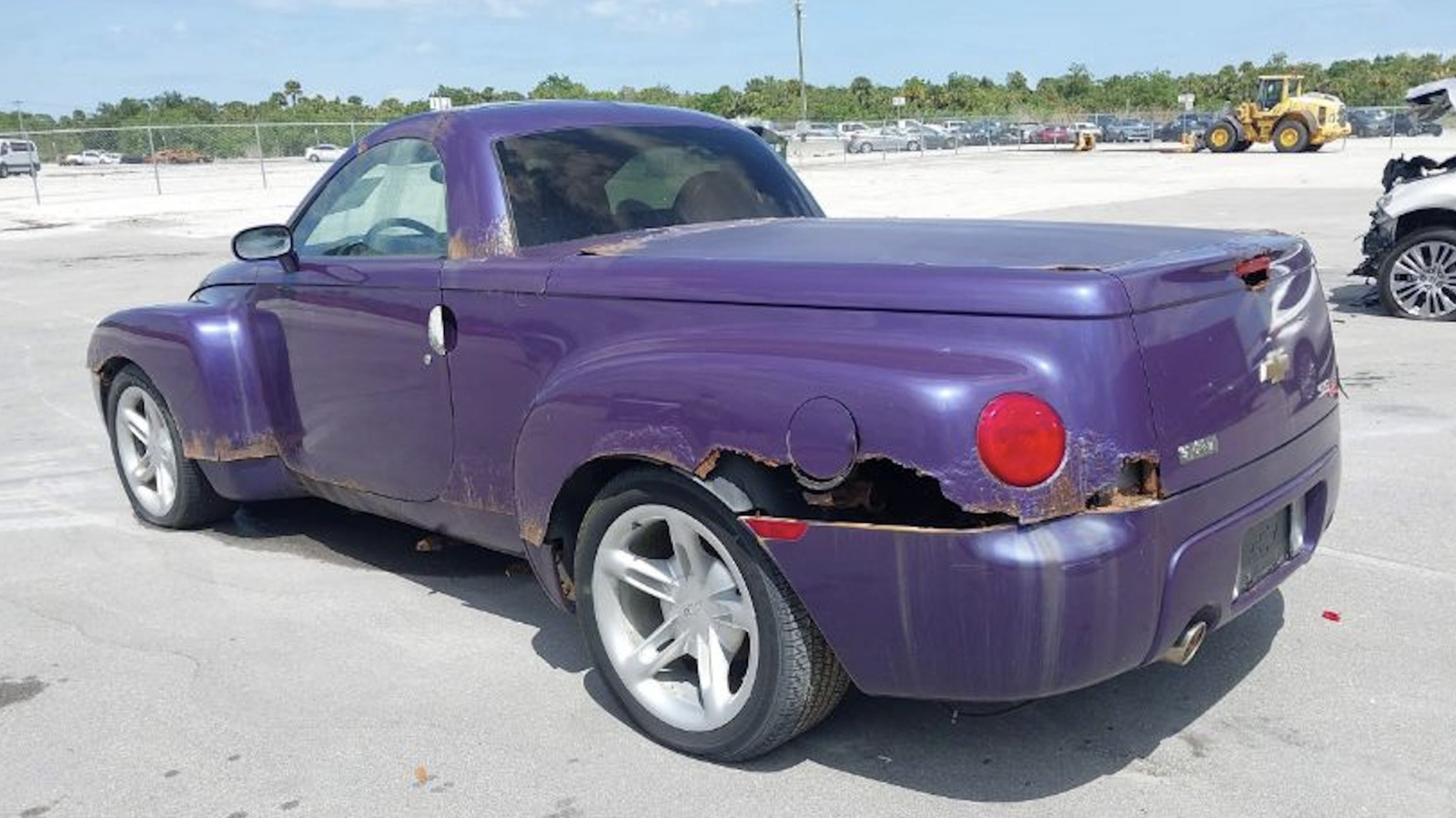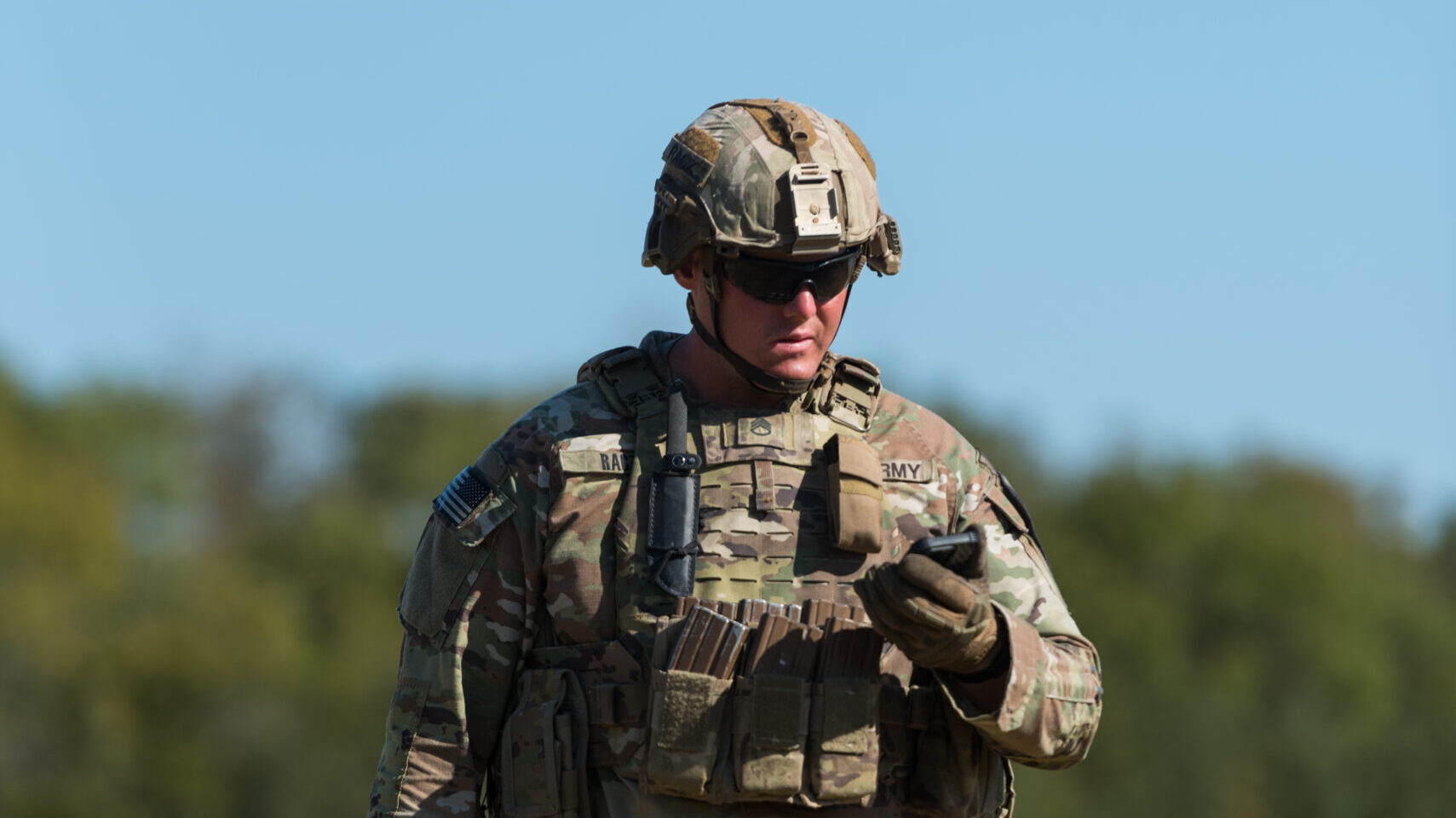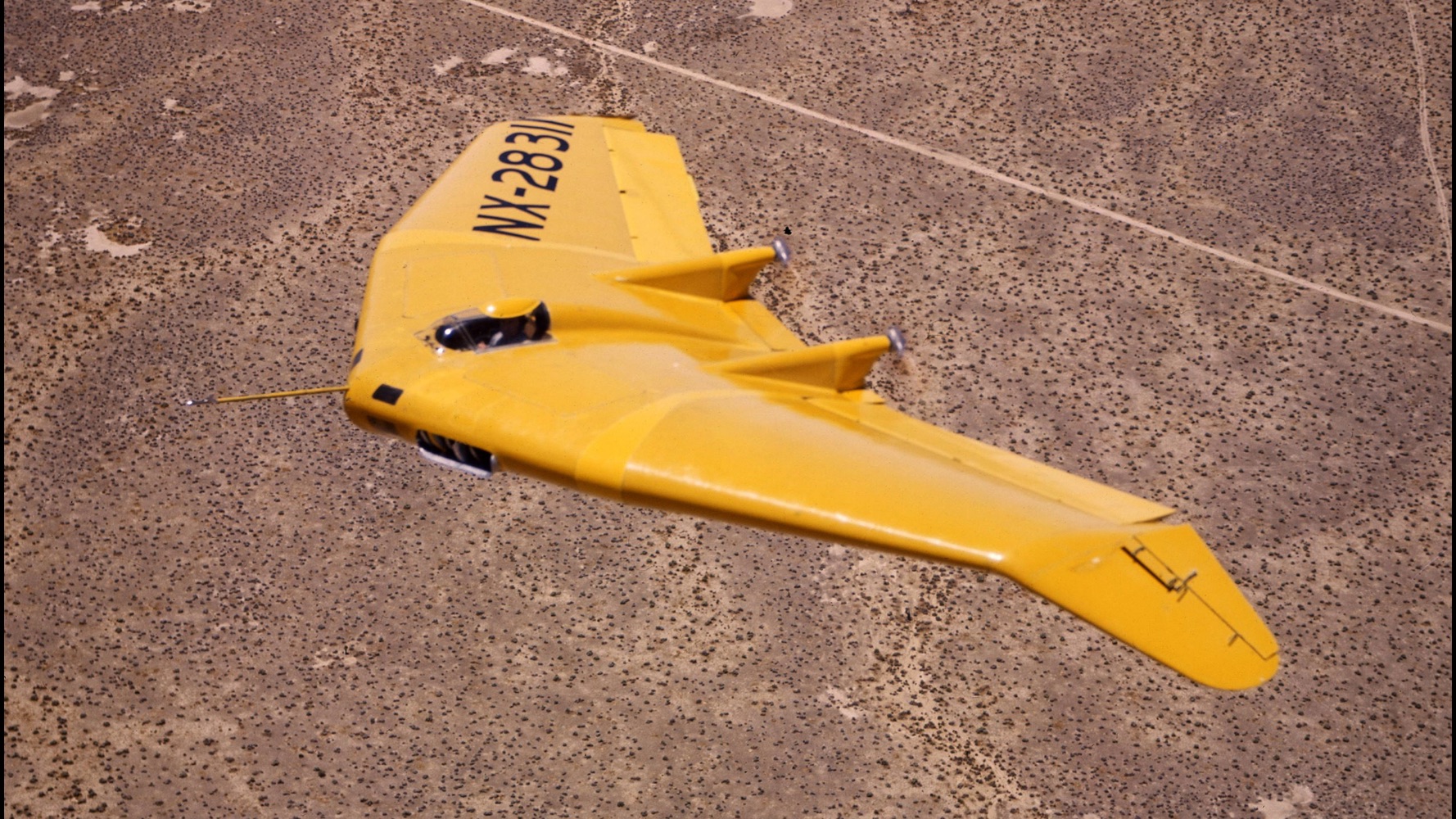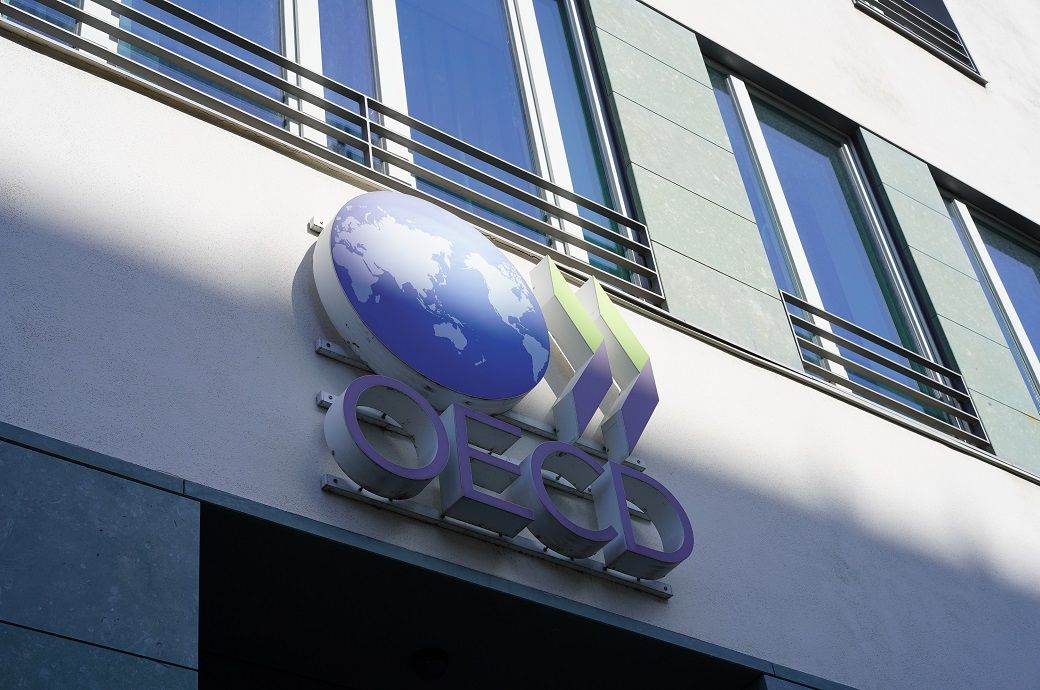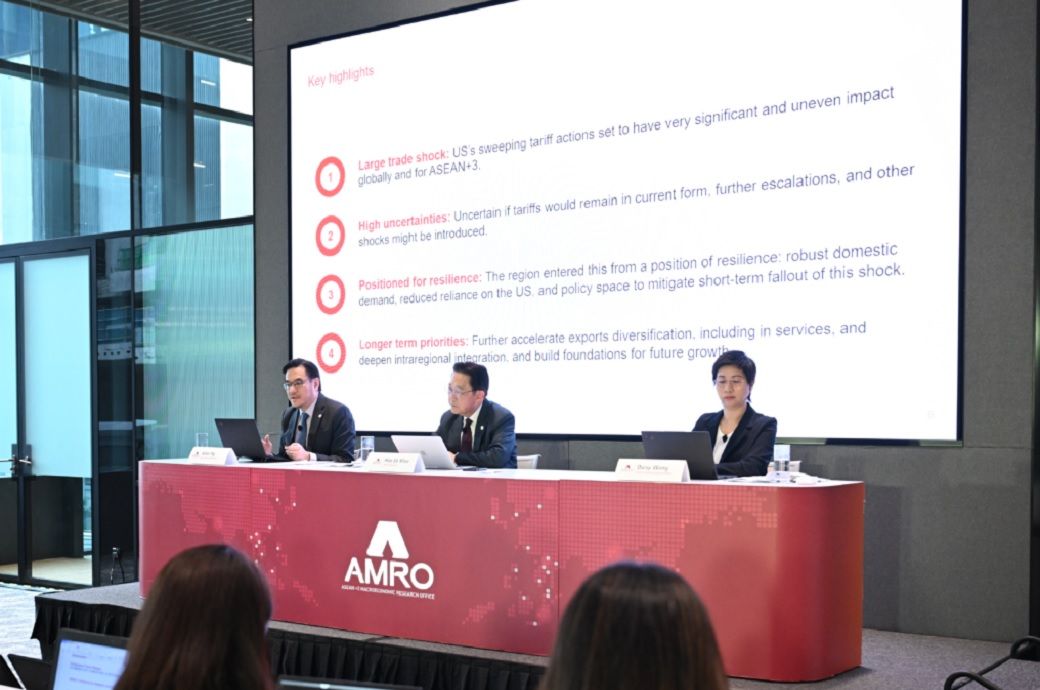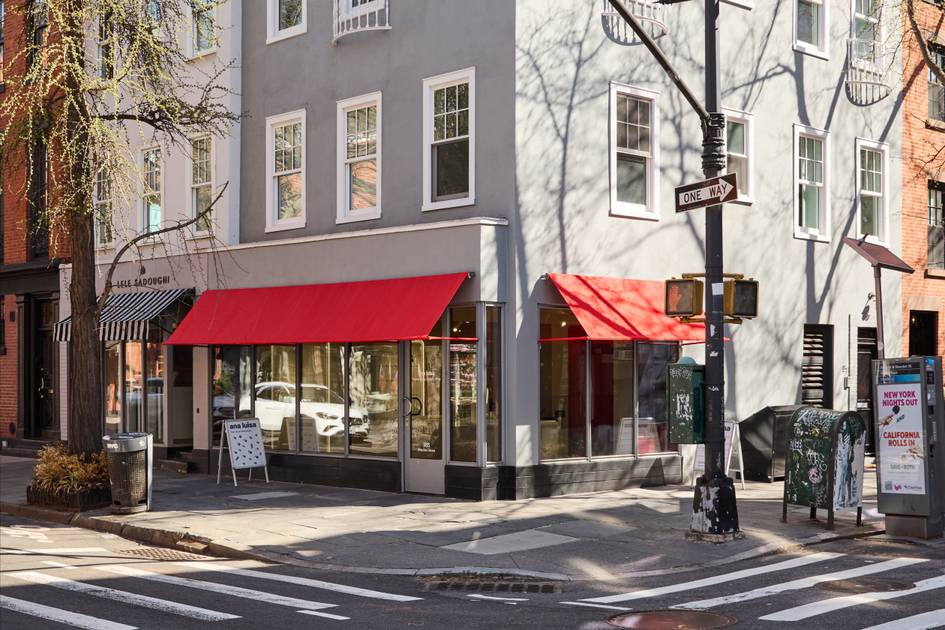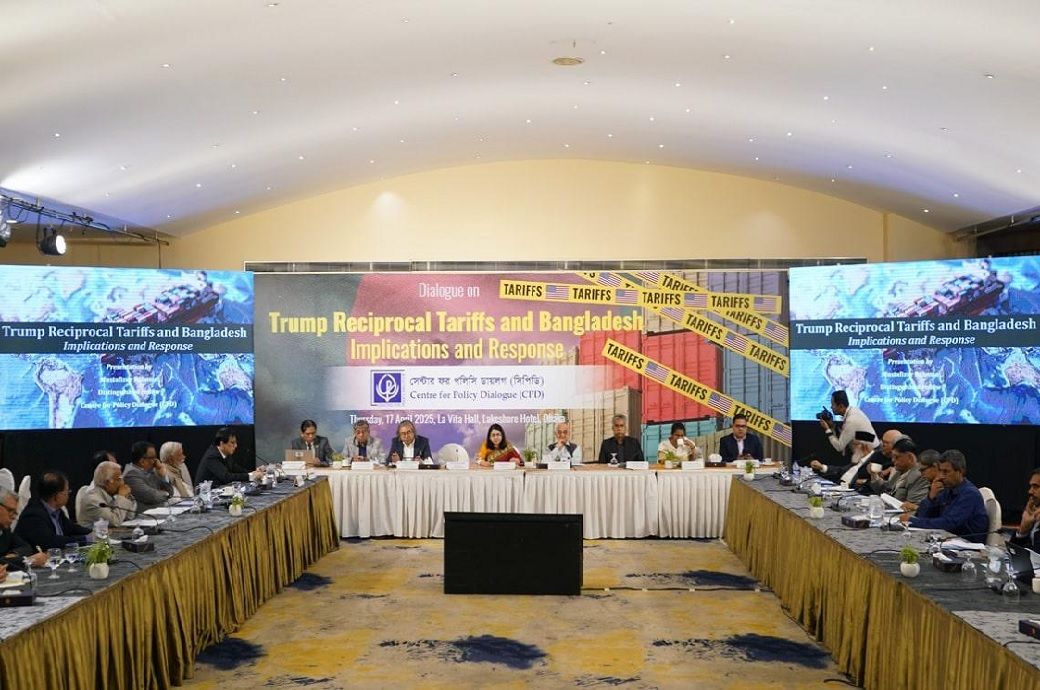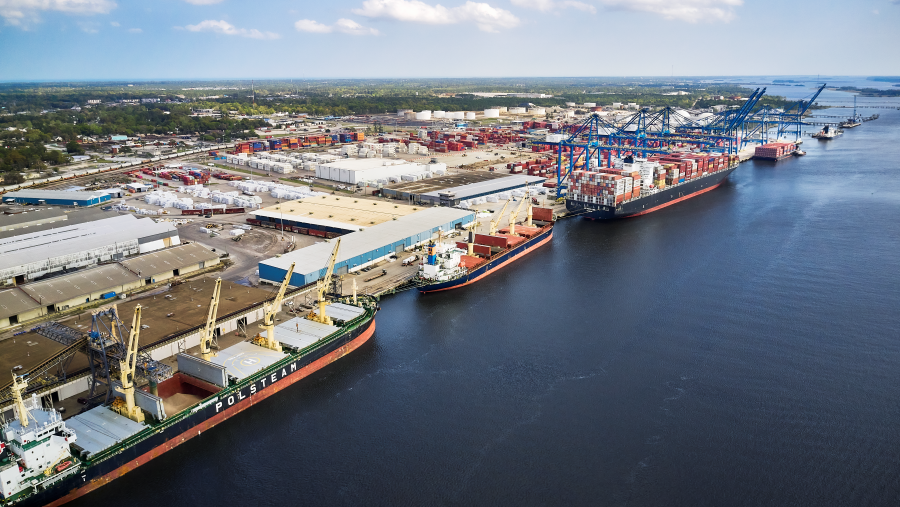Borderlands Mexico: Shippers rush to reduce impact of Trump’s “reciprocal” tariffs
This week in Borderlands: Shippers rush to reduce impact of Trump’s “reciprocal” tariffs; Automotive supplier plans new $50 million factory in Mexico; Volvo boosting Mexico plant investment to $1B; and BTX Global Logistics opens office in Texas. The post Borderlands Mexico: Shippers rush to reduce impact of Trump’s “reciprocal” tariffs appeared first on FreightWaves.

Borderlands is a weekly rundown of developments in the world of United States-Mexico cross-border trucking and trade. This week: Shippers rush to reduce impact of Trump’s “reciprocal” tariffs; Automotive supplier plans new $50 million factory in Mexico; Volvo boosting Mexico plant investment to $1B; and BTX Global Logistics opens office in Texas.
Shippers rush to reduce impact of Trump’s “reciprocal” tariffs
Officials at Mariner Logistics recently worked hard to help a client move an $800,000 aircraft engine from Canada to the U.S. ahead of President Donald Trump’s new tariffs announced on Wednesday April 2.
Although it was unclear what Trump was planning beforehand, Richard Wohlrab, vice president of international logistics at Mariner, said their client didn’t want to take any chances on more import taxes if the product was delivered after Wednesday.
“An additional 20% or 25% duty rate, obviously, is detrimental to their business … an increase of that nature is an unsustainable thing for them, and it’s a thing we’re seeing a lot with a lot of our clients,” Wohlrab told FreightWaves in an interview.
Trump introduced his broad “Liberation Day” tariff plan for U.S. trade partners on Wednesday, which included “reciprocal” duties on more than 60 countries around the world.
Trump’s plan also includes a baseline 10% tariff on trade partners, as well as 25% tariffs on certain imported vehicles and auto parts arriving into the U.S.
Related: Trump unveils wide-ranging global ‘reciprocal’ tariff plan
Shippers moving products from Mexico to the U.S. also rushed to get goods across the border before the new tariffs were announced, said Jose Guerrero, director of U.S. customs operations at Uber Freight.
“Over the weekend and leading up to the tariff announcement, we saw an extraordinary volume of trucks moving northbound from Mexico into the U.S., particularly along the I-35 corridor,” Guerrero told FreightWaves in an email. “Some importers held back shipments until the news was confirmed, while others rushed to move goods ahead of potential disruptions. This pattern suggests shippers are closely monitoring trade policy and adjusting their strategies in real time. We will continue tracking freight flows and shipper behavior in the coming days to understand the full impact on cross-border supply chains.”
Cross-border freight from Canada and Mexico received a slight reprieve from under Trump’s new tariff policy, exempting products that comply with the United States-Mexico-Canada Agreement (USMCA).
Products grown in and/or with content only from Canada, Mexico or the United States – will see no tariff, according to the new tariff policy.
Coppell, Texas-based Mariner Logistics is a supply chain services provider founded in 2019.
Wohlrab is based in Long Island, New York, and has more than 30 years of experience in the freight logistics industry.
Wohlrab said the disruption he is seeing in the market right now is somewhat similar to when Trump implemented Section 301 tariffs on Chinese imports in 2018 during his first term as president.
“We’ve been through this once before … going through this with the 301 tariffs out of China,” Wohlrab said. “A lot of our customers and a lot of companies out there are saying, ‘Hey, you know what? We’re not doing anything. We’re not going to make any moves. We’re not going to order any more than what is absolutely necessary at the most negotiated price possible … to sustain through until the dust settles and they see where everything truly lands.’”
Navigating the supply chain on behalf of clients will be more complex with all of the new tariffs, Wohlrab said. He said he has been advising clients on what they can expect going forward.
“Depending on our client industry and what their business is, we’re taking different approaches, and it’s much more of a customized approach for each one of our clients,” Wohlrab said. “Some of them were trying to help them source other manufacturers in other countries that might not be affected again.”
Wohlrab said free trade zones and bonded warehouses could be important for shippers looking to avoid higher import taxes.
A free trade zone, also known as a foreign-trade zone, is an area within a country where goods can be imported, stored, processed, and exported without immediately being subject to the country’s usual import and export taxes.
“Now those don’t avoid the taxes, but for example, a free trade zone, it allows them to bring the goods in and not have to immediately pay those duties and taxes until they remove the goods from the warehouse,” Wohlrab said. “As they make the sale, they then pay the duties and taxes that are applicable for that sale. Their cash flow is not drastically affected, allowing them to continue to operate and do businesses sustain their employment numbers.”
Related: China hits US with tariffs, rare earth export controls
Volvo boosting Mexico plant investment to $1B
Sweden-based automaker Volvo will invest $1 billion to build a heavy-duty truck factory in Mexico, according to Marcelo Ebrard, Mexico’s economy minister.
The company had previously announced a $700 million investment for the factory.
“I’ve received information from Volvo’s global headquarters in Sweden that they’ve decided to increase the planned investment in Ciénaga de Flores, Nuevo León, from $700 million to $1 billion. The truck-making plant will begin operations in 2026,” Ebrard posted Thursday on social media platform X.
The factory will be on the outskirts of Monterrey in northern Mexico, about 140 miles south of Laredo, Texas.
“The plant will supplement the Volvo Group’s U.S. production and provide additional capacity to support the growth plans of both Volvo Trucks and Mack Trucks in the U.S. and Canadian markets,” Volvo said in a news release.
Automotive supplier plans new $50 million factory in Mexico
Rhenus Automotive will construct a $50 million automotive parts plant in the state of Nuevo Leon, according to Nuevo Leon Governor Sam Garcia.
Garcia announced the news after a meeting with company executives on April 1 during a working tour of European manufacturers.
Rhenus Automotive is an automotive logistics and vehicle parts manufacturing company, and a supplier to automaker Volvo.
Rhenus Automotive is a division of the Rhenus Group, a global logistics provider, specializing in automotive logistics.
The company did not provide a timeline for the factory’s construction.
BTX Global Logistics opens office in Texas
Third party logistics provider BTX Global Logistics recently opened a new office in El Paso, Texas.
The facility will focus on transborder, expedited, and global shipping services for maquiladoras, foreign-owned export factories usually located along the U.S.-Mexico border, according to a news release.
Shelton, Connecticut-based BTX Global Logistics provides transportation and logistics services across North America. The company has 40 offices across the U.S., Canada and Mexico.
The post Borderlands Mexico: Shippers rush to reduce impact of Trump’s “reciprocal” tariffs appeared first on FreightWaves.


























